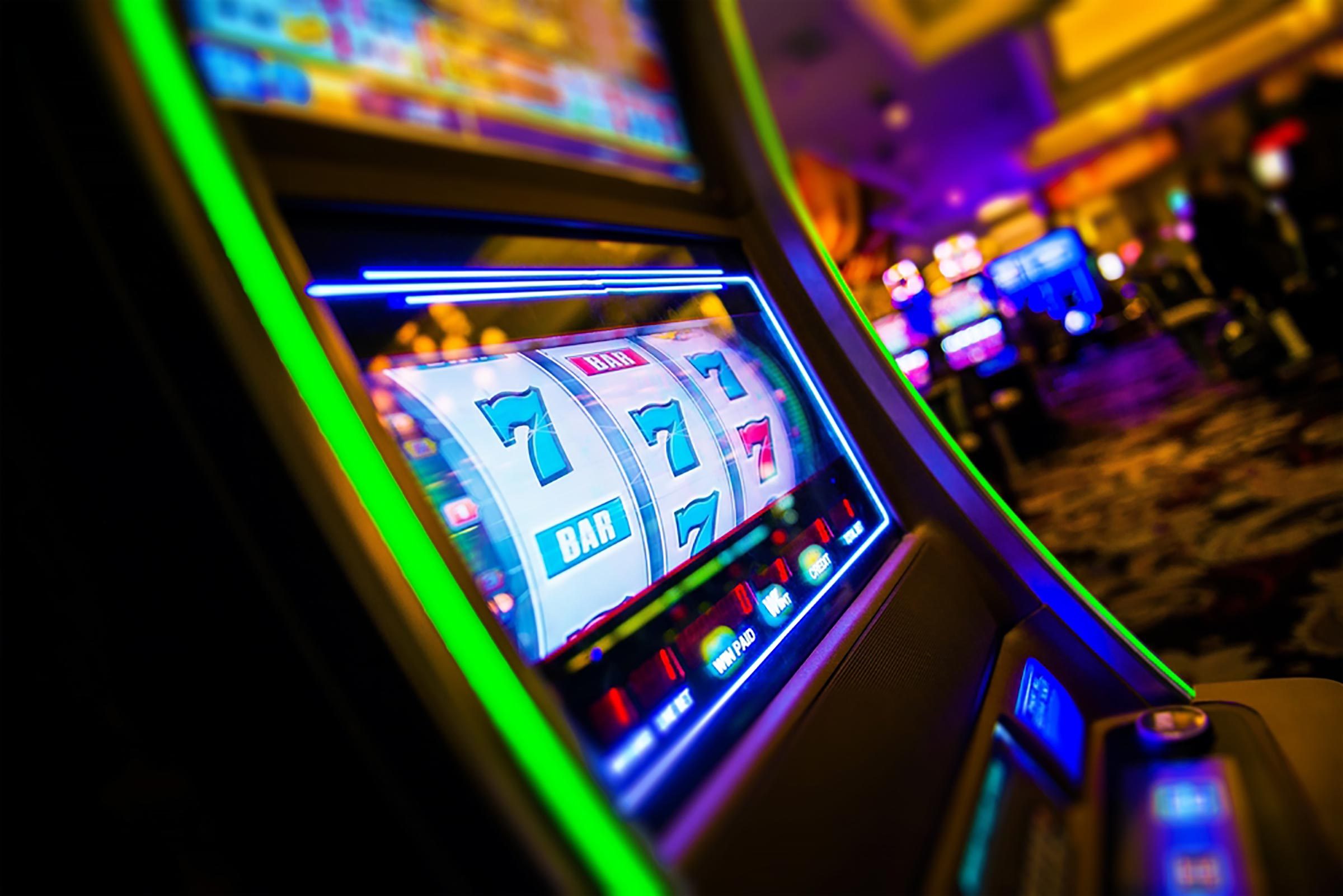
Casino experiences have long captured the fascination of individuals around the planet, becoming an integral part of both fun and tradition. From the glimmering lights of Nevada to the immersive experience of online gaming, these games evoke thrill, risk, and sometimes even a sense of sentimentality. They are more than just entertainments; they have woven themselves into the tapestry of human experience, influencing various aspects from film and melodies to style and literature.
The appeal of casino games goes beyond the betting aspect, tapping into wider themes of fortune, possibility, and psychology. As players convene around a poker table or rotate the wheel of fortune, they engage in an ancient ritual that connects with our shared desire for excitement and uncertainty. This captivation has led to the rise of countless references in films, tracks, and electronic games, showcasing how deeply entrenched these activities are in mainstream culture. Whether it is the intense drama of a classic heist movie or the vibrant nightlife portrayed in music videos, casino games have created a substantial role that reflects our bond with risk and reward.
Cultural Significance of Casino Games
Gambling activities have played a key role in cultural contexts throughout history. Stemming from ancient societies, forms of chance were often connected to ceremonies or events. For instance, early forms of these activities can be traced back to historic Chinese and the Roman Empire, where dice games and wagering on results were popular pastimes. These games not only functioned as leisure but also as means of connecting people, facilitating connections among people within societies.
As cultures evolved, so did the complexity and organization of casino games. The establishment of formal casinos in the 17th century, particularly in Italy, marked a notable shift in how games were perceived and organized. With specific spaces for gaming, the casino became a social hub where patrons from different backgrounds convened. This evolution contributed to the legitimization of the industry, transforming it from a mere pastime into an established industry that influenced the economy and policy.
The effect of gambling games on mainstream culture cannot be understated. As they were brought into the limelight in books and movies, games such as Texas Hold’em and 21 became icons of chance, luck, and strategy. Iconic characters and narratives have emerged around these activities, reflecting societal attitudes towards fortune, wealth, and immorality. This fascination with gambling activities has infiltrated various forms of entertainment, solidifying their place in the public imagination and linking them to broader cultural narratives throughout history.
Representation of Casino Games in Entertainment
Casino games have long been a popular subject in different types of entertainment, reflecting both the fascination and complexities of the world of gambling. 5MB Films such as Ocean’s Eleven and Casino Royale portray individuals who navigate intense situations, showcasing not only the allure of the casino atmosphere but also the tactics and judgments that come with playing popular games like poker and 21. These movies often dramatize the thrill of winning and the potential repercussions of losing, encapsulating the perils involved in betting.
Television shows have also explored the realm of gambling activities, often integrating them into the plot as a context for character arcs and drama. Shows like Vegas depict the lives of casino workers and customers, highlighting the lively, often disorderly energy of the casino floor. Reality shows featuring high-stakes gambling competitions further emphasize the fascination of casino games, drawing viewers into the drama and tactics involved in each round. Through these representations, media not only entertains but also sparks conversations about fortune, skill, and the essence of chance.
Gaming have increasingly integrated casino games into their structure, allowing players to experience the experience of betting without financial risk. Games within the domain of online gaming often include virtual slots, online poker, and other casino favorites, creating an interactive experience that mirrors actual casino experiences. These digital representations make casino games accessible to a broad demographic, appealing to both players who indulge and those who enjoy the thrill of virtual experiences. As a outcome, the representation of casino games in entertainment continues to shape public perception and importance, highlighting their function in entertainment and culture.
Impact of Gambling Activities on Society
Gambling activities have a significant effect on communities, affecting multiple aspects of culture and interpersonal behavior. They often serve as a venue for community engagement, where people come together to experience a shared activity. Casino trips with friends or visits to casinos become group events that foster connections and create memories. This communal aspect enhances the entertainment value of casino games, making them a favored choice for celebrations and leisure activities.
Additionally, casino games have been depicted in countless movies, TV series, and literature, shaping perceptions and attitudes towards gambling and gaming. Icons like James Bond playing baccarat or the high-stakes poker scenes in films have cemented these games in the collective imagination. This representation often glamorizes the culture associated with casino activities, attracting new players and impacting trends in both fashion and conduct. These portrayals can ignite curiosity and lead to a deeper exploration of the nuances of gambling.
Nonetheless, there are also adverse implications linked to the widespread appeal of gambling activities. The temptation of quick monetary gain can lead to problem gambling and economic troubles for some individuals. The community must contend with these consequences, promoting responsible gaming and awareness of the dangers involved. Balancing the entertainment value of gambling activities with the risks is crucial to ensure that they continue to be a positive aspect of our cultural landscape.